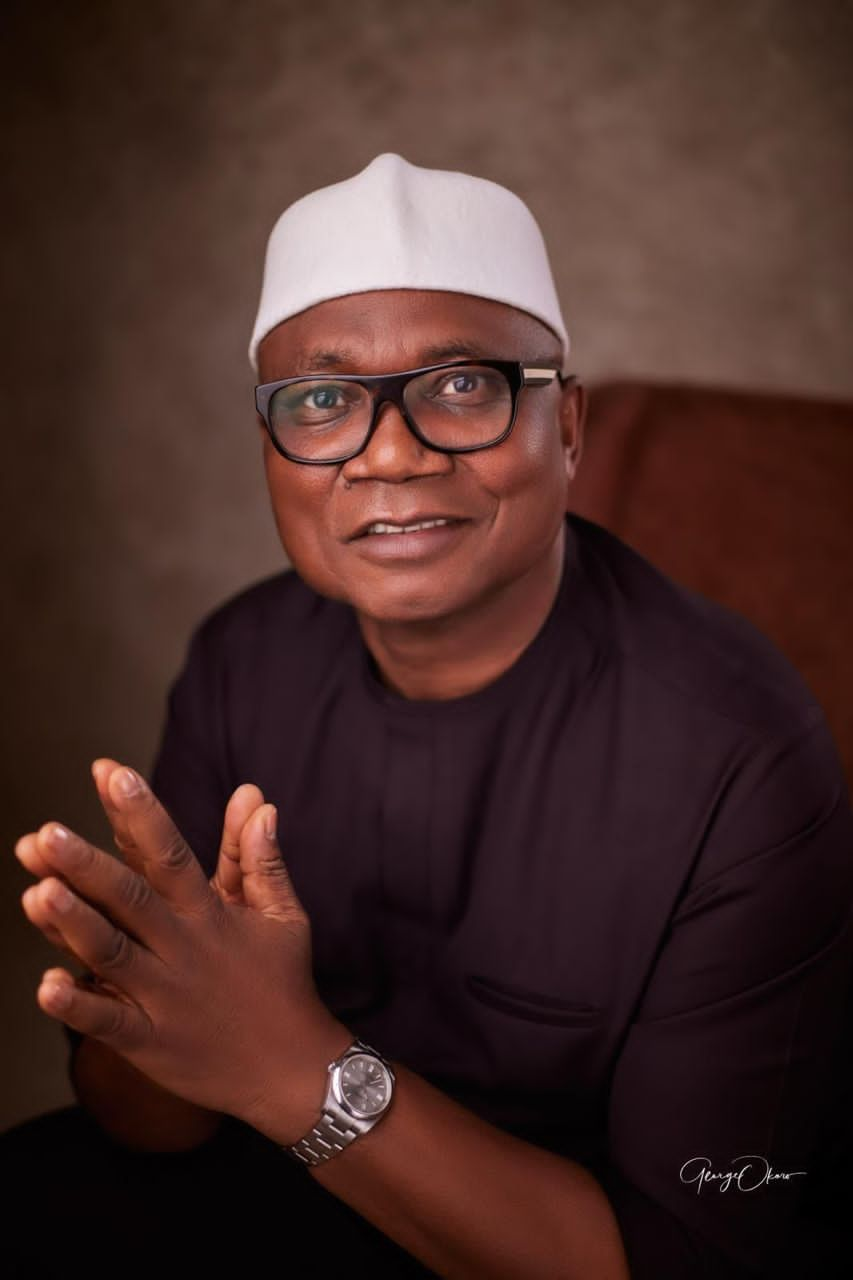Akuatuegwu’s Political Journey Since 1993: A Reflection of Asiwaju Bola Ahmed Tinubu’s Political History
The political journey of Chief Charles Orie, popularly known as Akuatuegwu, from 1993 to date, bears a striking resemblance to the political trajectory of President Bola Ahmed Tinubu, the Asiwaju of Nigeria and the Jagaban of Africa.
During the era of the Social Democratic Party (SDP) and the National Republican Convention (NRC), Nigeria’s two most prominent political parties at the time, preparations were in full swing for the 1993 presidential election between the late Chief M.K.O. Abiola of the SDP and Alhaji Bashir Tofa of the NRC. As was customary, both political parties established campaign structures in every state and local government area across Nigeria—Imo State, including Ohaji/Egbema LGA, was no exception.
At the time, a young Chief Charles Orie, in his early 20s, was already making waves. As a member of the NRC and the Traditional Prime Minister of the Ohaji Nation, he was appointed the Coordinator of Bashir Tofa’s presidential campaign in Ohaji/Egbema LGA. Not only that, but he also emerged as one of the party’s state-level leaders. Despite his youth, Akuatuegwu, already a millionaire, personally financed most of the party’s activities in his local government area. He extended significant financial support to other NRC candidates at both the state and local levels, convened numerous strategic meetings, and played a pivotal role in the party’s mobilization efforts. That marked the beginning of his remarkable political journey.
From then till now, Chief Akuatuegwu has remained steadfast and loyal to his party and has consistently supported every party candidate in every election cycle. When the People’s Democratic Party (PDP) was formed in 1998, he became one of the key decision-makers at both the state and local government levels.
Since then, his influence has been instrumental in shaping political leadership across his constituency and the state at large. He has played vital roles in the emergence of:
• Local government chairmen and councilors from Ohaji/Egbema,
• Members of the Imo State House of Assembly from his constituency (past and present),
• Members of the House of Representatives for his federal constituency (past and present),
• Senators from his zone (past and present),
• And even Governors of Imo State, past and present.
Chief Akuatuegwu has been a pillar of support, constantly helping others rise politically and materially, without seeking the spotlight for himself.
When you examine the political history of President Bola Ahmed Tinubu, you see a parallel. Like Akuatuegwu, Tinubu was the political backbone behind the emergence of several key leaders in Nigeria. His unwavering support for others culminated in his bold declaration: “Emi l’okan”—meaning “It is my turn”—a statement that encapsulated years of sacrifice, influence, and leadership. Today, that belief has been vindicated, as he now serves as the President of the Federal Republic of Nigeria.
In the same vein, Chief Charles Orie (Akuatuegwu) stands at a pivotal moment in Imo State’s political history. As the 2027 gubernatorial election approaches, and with the mantle of leadership set to change hands by January 15, 2028, many believe that it is his turn to lead—“Emi l’okan, Akuatuegwu!”
About The Author
You may also like
-
Uzodimma is a compassionate visionary leader says Prof Matthews-Njoku ……. Calls for sustained unity among Owerri political leaders ahead of 2027
-
60th Birthday: Super Eagles plays for Akagburuonye
-
Cover and Inside Pages of Trumpeta, Thursday, February 19th, 2026
-
Youth Inclusion in Governance Will Define Governor Uzodinma’s Legacy – Onwubuariri
-
Tension In Obazu Mbieri,As Community Calls for Removal of Traditional Ruler,Agwunwa

